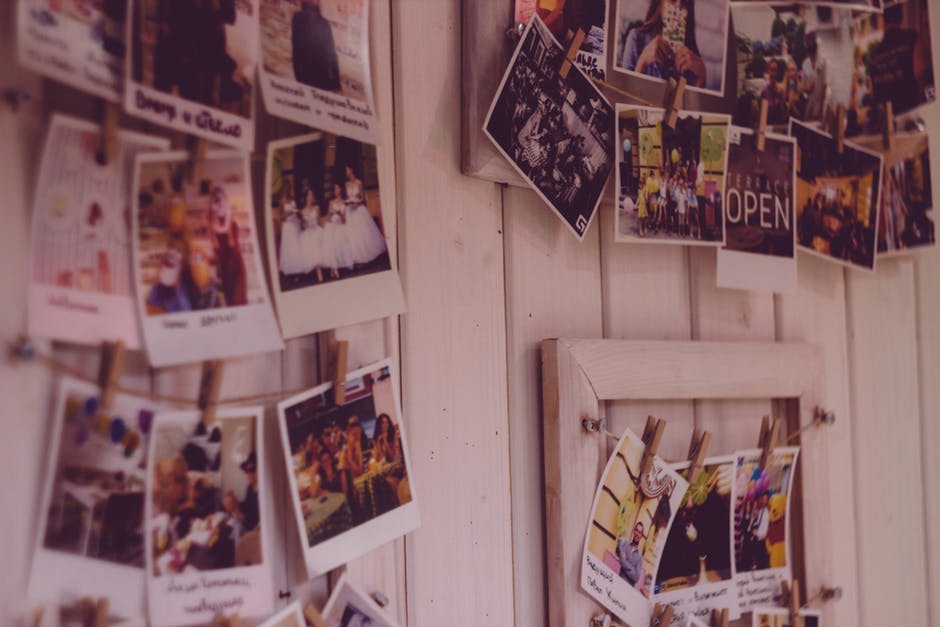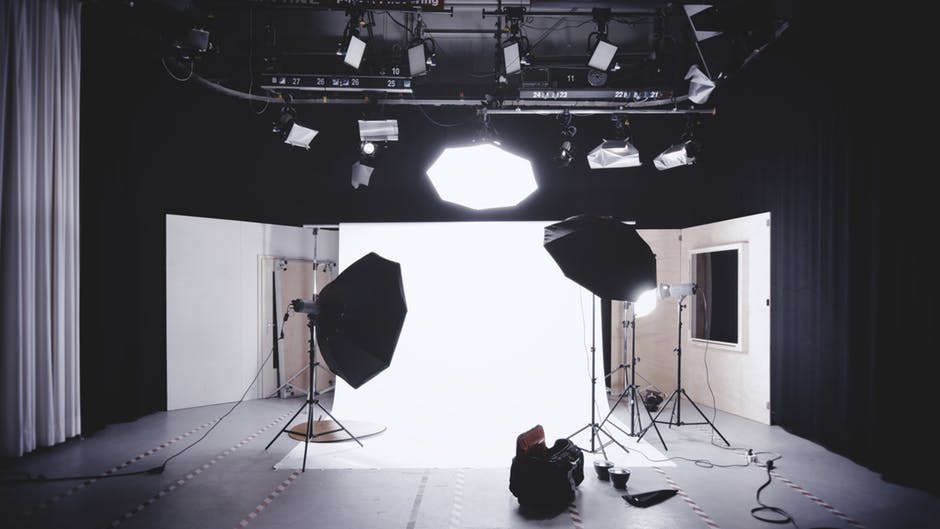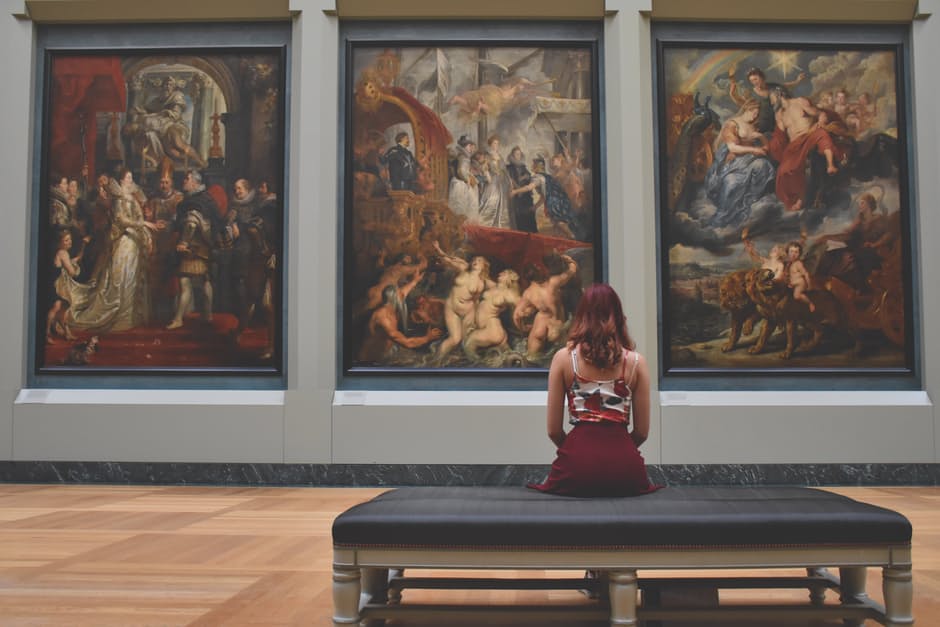If you’re a photography student, chances are you know how tough the competition is in your chosen field. These days, the term “photographer” can encompass anyone who knows how to take decent enough snaps on an iphone and amass thousands of followers on Instagram. But photography is more than that. And when you work with DSLRs, you know that understanding the rules, theories, and techniques also isn’t enough to guarantee successful photographs. To be a better artist, you need that extra thing — that’s your own unique style. Which is why NYFA’s photography programs encourage hands-on experience, offering our students the opportunity to practice and develop their own visual style.
But your style is not something that can be taught easily. You have to experiment, discover, and then cultivate it your voice as a visual artist. Here are some daily tips that might make the process easier.
1. Photograph WISELY Every Day
Yes, wisely is the operative word here. Plenty of books, workshops and seminars will tell you that to be successful in any field, you need to practice every day. And to a certain extent, that’s true. But if we tell you that to improve as a photographer you simply need to photograph something every day, we’re only doing half our job. You could set a goal of taking at least three decent pictures every day, and a year later, find yourself still complaining that your style hasn’t evolved much.
Here’s the crux of the matter: For your style to evolve, you need to challenge yourself. One simple exercise to help you do this is to choose a particular word or theme and take a few pictures interpreting it every day. For instance, if the word is black, you could photograph objects that are black, and then move onto abstract stuff, like a play of shadows, the dark and somber expressions on someone’s face, and so on. By pushing yourself to intentionally investigate a subject past your first and obvious interpretation, you may discover new perspectives that can offer you inspiration and lead you to something you wish to say with your images.
2. Set Yourself Limits When Taking Photographs
To force your style to develop, it can help to set limits and conditions on the way you photograph. As necessity is the mother of invention, constraints can force your mind to think out of the box. You can do this in a number of ways. For example, for a particular subject or topic you can set yourself a limit of not taking more than seven photos, or working only in black and white, or restricting yourself to a particular area while working, and so on. The fewer options you have, the more your brain has to work to make the best of the circumstances. In other words, it’s not all about the expensive equipment and endless options: it’s about the choices you make as a photography, and how you make do with what you have.
3. Expose Yourself to More of the Stuff You Like
You must realize that all creative works are a two-way process: There’s always a creator and an audience, and it’s important to play both the roles. When you’re photographing very diligently for an assignment, realize that you must take time out to see other great and not-so-great photographs as well, and learn from them. You know your interests and passions, so make sure you get a decent exposure to media that reflects, feeds, or challenges your tastes.
For instance, if you’ve always had a childhood interest in fairy tales, then you can definitely spend time studying Tim Walker’s fashion photographs, or checking out some surreal paintings or even watching art house cinema that uses fantasy tropes. Not only will that make you closer to figuring out your personal style, but it will also prove to be an entertaining and enriching experience.
At the end of the day, remember that you are a unique individual, with a unique history and personality. So no matter what you do, be authentic. Yes, it’s okay to imitate when you’re practicing, but nothing beats originality. Put your heart and soul into whatever you do, and make sure you actively enjoy the process of creating and making mistakes, and not just the end results.
Ready to learn more about photography? Check out NYFA’s Photography School.




